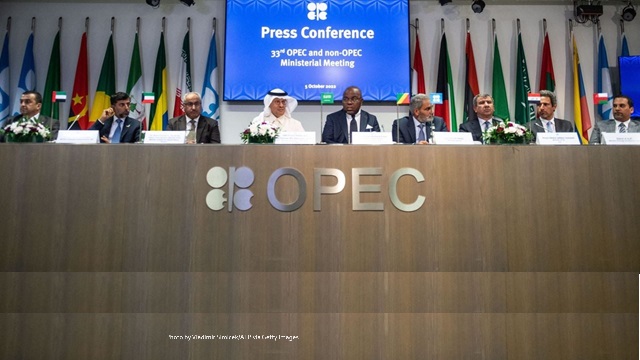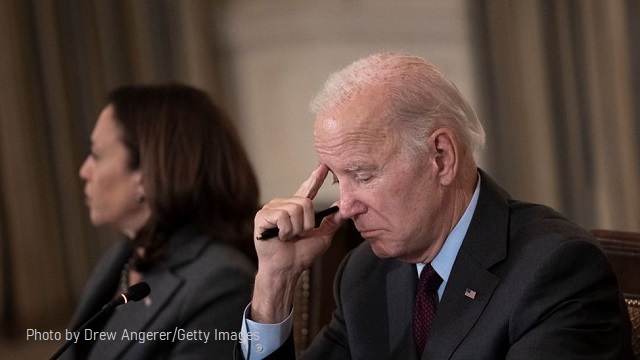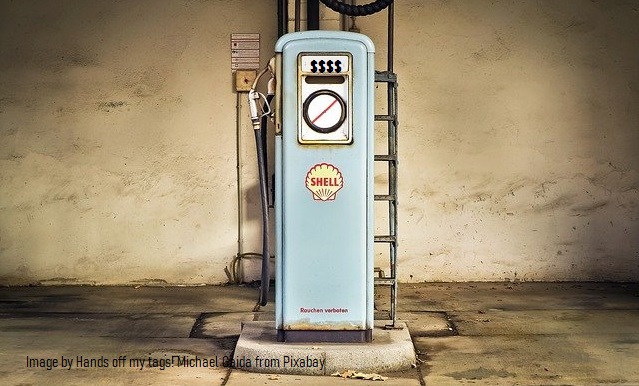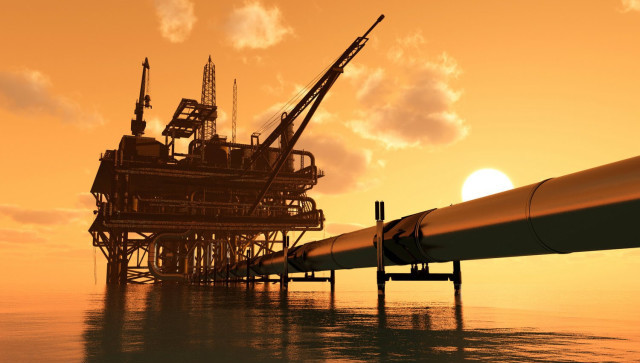OPEC+ Is Cutting Oil Production Again

OPEC+ announced a new round of cuts to oil production on Thursday, The Wall Street Journal reported.
The oil cartel, which is responsible for about 40% of the world’s oil production, said that it would reduce production by an additional 1 million barrels per day, equivalent to about 1%of total global daily consumption, according to the WSJ. The fresh round of production cuts will likely keep oil prices at elevated levels as tensions remain high in the Middle East.
The move “essentially shows the group wants to prevent the oil market from being oversupplied, keep control of oil market fundamentals and keep playing the role of central bank in oil markets,” Giovanni Staunovo, a commodity analyst at the Union Bank of Switzerland (UBS), told the WSJ. The cartel’s member countries reportedly disagreed about the size and distribution of the cuts, but the organization agreed in the end to move forward.
Biden, after canceling the Keystone XL Pipeline, is now blaming Russia and OPEC for high gas prices. https://t.co/RYn7hnkKWC
— Daily Caller (@DailyCaller) November 2, 2021
As part of the agreement, Saudi Arabia also will extend its 1 million barrel per day cut, which it announced initially in June, the WSJ reported. The cartel also invited Brazil to join its ranks, but Brazilian officials have reportedly not yet decided whether to accept the invitation.
Oil and gas prices in the U.S. have retreated from their high levels earlier this year and during the summer of 2022, but they still remain elevated relative to prices seen before the pandemic. Thursday’s announced cuts will likely keep oil prices between $80 and $90 per barrel for an extended period of time, market analysts told the WSJ.
Notably, that projected floor price is slightly above the Biden administration’s stated target price to purchase supply to refill the strategic petroleum reserve (SPR). President Joe Biden opted to release about 180 million barrels from the SPR in the months leading up to the 2022 midterm elections, but the vast majority of those sales have yet to be replenished.
The SPR’s low levels have come back into focus given the degree of geopolitical uncertainty in the Middle East as Israel wages war against Hamas. Some energy policy experts told the Daily Caller News Foundation that the SPR’s current condition leaves the U.S. more vulnerable to oil price shocks if the war boils over into a more widespread conflict.
AUTHOR
NICK POPE
Contributor.
RELATED ARTICLE: Biden Begged Russia And OPEC For Oil Last Year. Now He’s Just Begging OPEC
EDITORS NOTE: This Daily Caller column is republished with permission. ©All rights reserved.
All content created by the Daily Caller News Foundation, an independent and nonpartisan newswire service, is available without charge to any legitimate news publisher that can provide a large audience. All republished articles must include our logo, our reporter’s byline and their DCNF affiliation. For any questions about our guidelines or partnering with us, please contact licensing@dailycallernewsfoundation.org.




